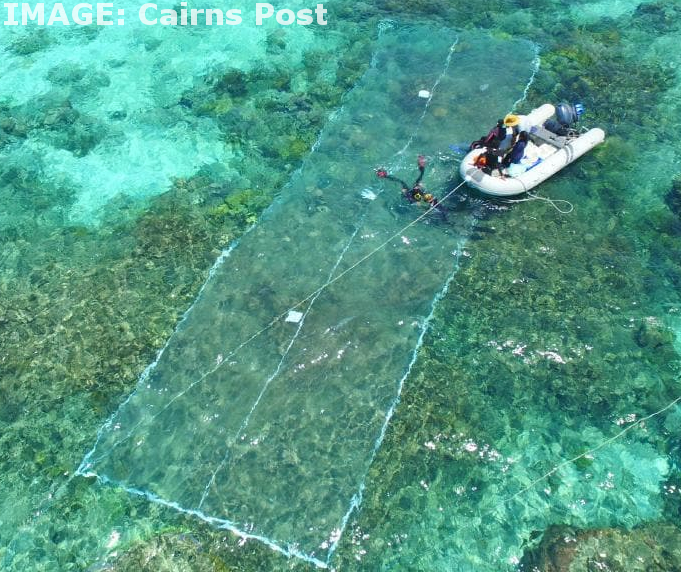New concern for reef heat
 New research reveals that the Great Barrier Reef is at risk due to unprecedented ocean temperatures in the Coral Sea.
New research reveals that the Great Barrier Reef is at risk due to unprecedented ocean temperatures in the Coral Sea.
A recent study shows that the sea surface temperatures recorded during the January to March periods of 2024, 2017, and 2020 are the warmest in the last four centuries.
The researchers reconstructed ocean temperatures dating back to 1618 using coral chemistry, comparing them with modern instrumental measurements from 1900 to 2024.
Their analysis indicates that the recent temperature extremes surpass those observed over the past 400 years.
Historically, sea surface temperatures were relatively stable, but the recent rise is unprecedented, driven by human-induced climate change.
The reconstruction “illustrates the exceptional nature of ocean surface warming in the Coral Sea today and the resulting existential risk for the reef-building corals that are the backbone of the [Great Barrier Reef]”, the study says.
The study's findings confirm that human influence is the primary driver of the rapid warming in recent decades, with potentially devastating consequences.
The Great Barrier Reef, already suffering from mass coral bleaching events between 2016 and 2024, faces the risk of near-annual bleaching if temperatures continue to rise.
Such frequent bleaching could severely damage the reef's biodiversity and ecosystem services, further threatening its ecological function and status as a UNESCO World Heritage site.
The researchers warn that without immediate and coordinated global action to combat climate change, the future of the Great Barrier Reef remains uncertain.
The study concludes that the “existential threat” to the Reef is now realised, urging for “rapid, coordinated, and ambitious global action” to prevent the further degradation of the valuable natural wonder.








 Print
Print